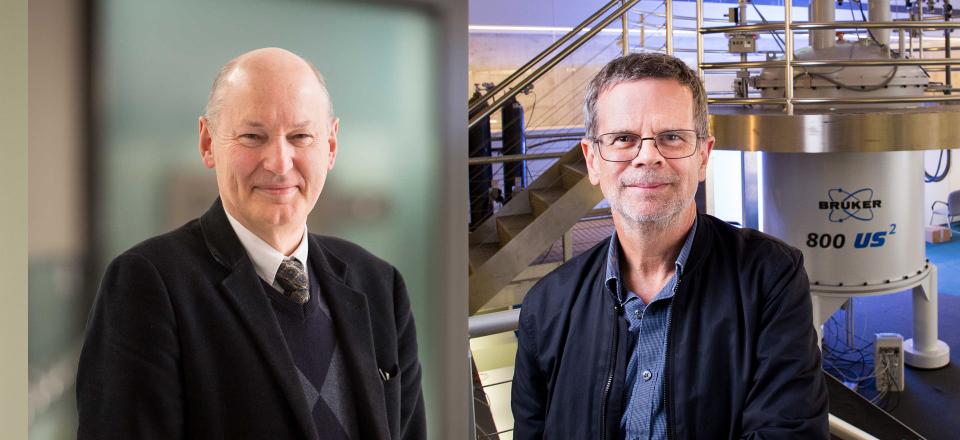NHMRC funds Bio21 research

Last night I was delighted to see a recognition of the critical role of university research in improving the well-being of the Australian community as part of the 2020-21 Budget.
With regards to health and medical research, the government made a commitment to provide $6 billion over the next four years for health and medical research with $3.5 billion allocated to the National Health and Medical Research Council (NHMRC) for research funding.
In particular it recognised the:
“Australian research sector’s rapid collaborative response to the COVID-19 pandemic. Despite the disruption of professional and personal lives, researchers have stepped up to assist the national response – contributing to the development and testing of diagnostics, drugs and vaccines, supporting the public health response and investigating the mental health and other impacts of the pandemic on the community.” Read the media release on the NHMRC website.
The NHMRC also announced new grant recipients as part of the 2020-21 Budget.
Please join me in congratulating Bio21 researchers
- Eric Reynolds and his team, who have received a Development Grant to “Repair of tooth enamel/dentine by biomimetic mineralisation,” and
- Paul Gooley and his team, who has received funding under the Targeted Calls for Research: “Exploring the role of nitrogen metabolism, energy metabolism and mitochondrial function in the pathophysiological mechanisms of paediatric ME/CFS.”
Eric’s project will involve the proof-of-concept testing of a prototype dental professional product MI Enamel/Dentine RepairTM to repair early stages of mineral loss non-invasively. This will result in the development of a system which should revolutionize dental practice globally for the non-invasive repair of early tooth decay and erosion lesions with a surface seal of tooth-like mineral. The project has received $1,107,069.
The Australian Government is investing $3.3 million in medical research to improve understanding of Myalgic Encephalomyelitis, also known as Chronic Fatigue Syndrome, a complex condition with an unknown cause.
Paul Gooley’s extensive research into the condition has led to a hypothesis that ME/CFS results from toxic by-products of energy production in their cells. This problem can be caused by many unique ways, which could explain the diversity of the ME/CFS patient population.
Paul has received $784,064 to test this hypothesis with a novel personalised experimental design to simultaneously produce a plethora of new knowledge for the field of ME/CFS.
The Australian Government is investing $3.3 million in medical research to improve understanding of Myalgic Encephalomyelitis, also known as Chronic Fatigue Syndrome, a complex condition with an unknown cause.
Consumer representatives with lived experience of this difficult condition were key participants in the competitive peer review process.
It is wonderful to see our researchers supported in this very competitive environment.
NHMRC funding of Bio21 researchers announced in earlier rounds in 2020 include:
- Debnath Ghosal, Investigator Grant: Structural role of the host cytoskeleton during invasion of intracellular pathogens - $645, 205
- Eric Reynolds, Investigator Grant (Leadership 3): The bacterial type IX secretion system in polymicrobial dysbiosis and chronic inflammation - $1, 900, 000
- As well as my own team:
Michael Parker, Investigator Grant (Leadership 3): Understanding cell signalling as a basis for new therapeutics - $2, 231, 372
As we have all struggled to continue our research and, in some cases ‘pivot’ to COVID-19 research, it is good to see national recognition of the importance of scientific research through NHMRC and the university research block grant system .
Michael Parker
Director, Bio21 Institute

